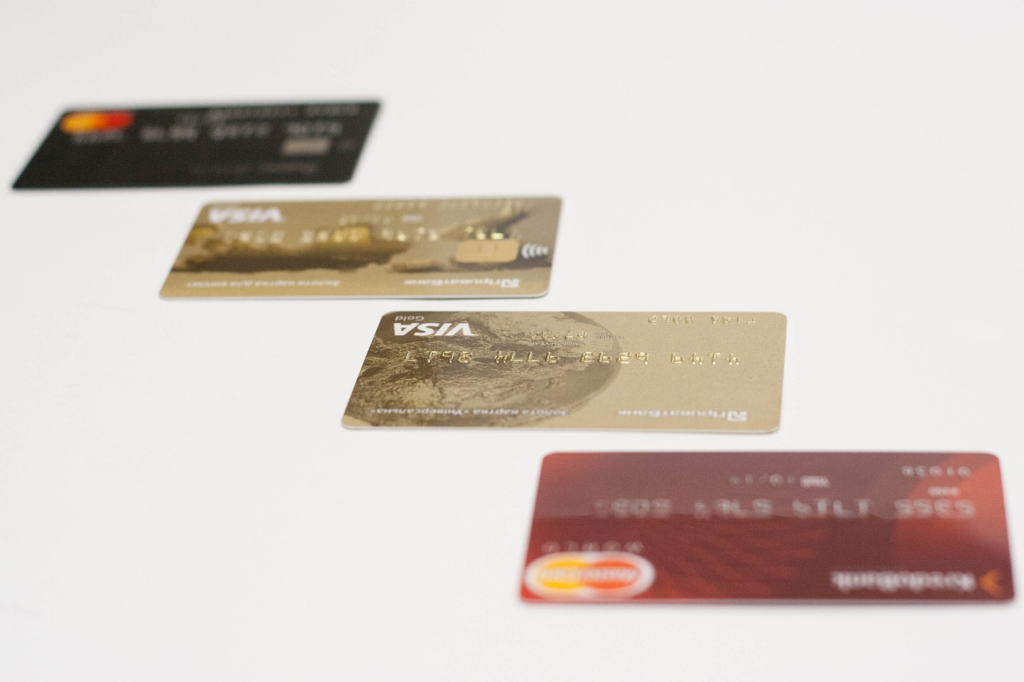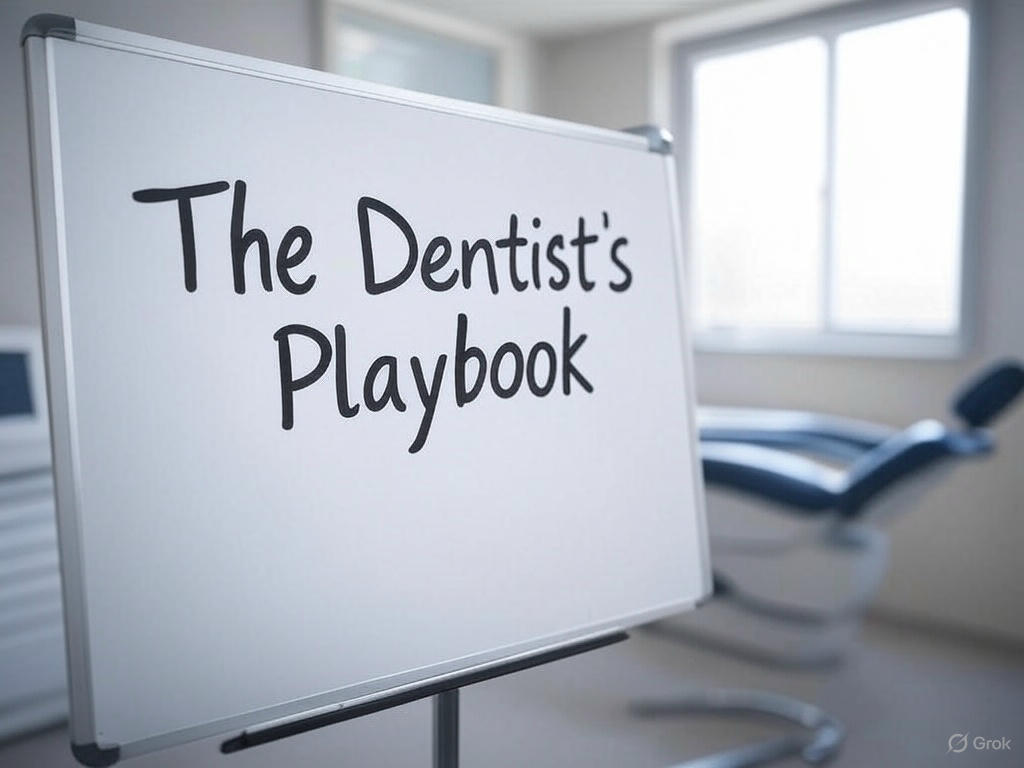Building credit is a financial process that can impact your chances of getting loans, receiving good interest rates, and even renting an apartment. As time goes by, it becomes more crucial to comprehend the most effective methods for establishing and keeping strong credit scores. Credit scoring models differ, but generally speaking, scores of 660 to 724 are considered good; 725-759 fall under very good standards; while anything beyond this threshold is considered excellent.
With shifts in financial environments and new resources available, knowing which tactics work best for improving your credit profile is crucial. This article is going to discuss the best ways to build credit in 2024, giving useful suggestions that can assist you in getting and keeping a good credit score.
Consider Secured Credit Cards
In essence, secured credit cards need a cash deposit to be made; this money serves as protection and normally sets the credit limit on the card. These types of cards are created to assist people in establishing or restoring their credit by reporting payment actions to credit bureaus. For instance, Canadians can apply for a $50 deposit secured credit card with no annual fees. By depositing as little as $50 on their credit card, they can make everyday essential purchases and get some benefits, too, like earning up to 1% off gas and groceries, for example.
Those who hold these cards employ them as they would with any other kind of regular credit card; they make purchases and get statements every month. It is important to make payments on time because this shows that a person manages their money well and it also assists in boosting credit scores. When a deposit is involved, the risk for the issuer is lowered. This makes it simpler even for people with a limited or bad credit history to get approved for a credit card and begin building up their credit again.
Making Timely Payments
Paying your debts on schedule is very important for keeping a good credit score. The record of your payments plays an essential role in deciding how much trust the lender can have in you, and it counts for a large part of your total score. You should make sure to pay everything on time, including what you owe from credit card purchases, loan repayments, utility bills, and other regular expenses. Arranging for automatic payment or reminder systems can assist in making sure that payments are not forgotten every month.
When you think it might be hard to make your payments on time, talking to a professional can be of great help. By getting in touch with them early, you can look for answers like making a payment plan or delaying the payment. These actions might lower any negative effects on your credit score. Showing a regular habit of paying back debts as scheduled not only shows that you handle money well but also influences your overall credit history positively over time.
Keeping a good payment history is not only beneficial for your credit rating, but it also sets you up well for upcoming financial chances. For example, you might want to get a loan or find better interest rates. It shows how you are taking action in managing your money and creating a strong base for steady financial conditions in the future.
Keeping Credit Utilization Low
Utilization of credit means the part of your available credit limit that you are currently using. Another important point in calculating a person’s credit score is the utilization ratio. It suggests not using more than 30% of the total given credit limit to keep a good score.
For example, if your credit limit is $1,000 then it would be wise to ensure that the entire balance you have doesn’t exceed $300. High credit utilization might indicate financial difficulty and negatively impact your credit score. You could manage credit utilization better by settling all debts in a month or making payments more than once within that time frame.
Diversifying Your Credit Mix
A varied credit mix might help improve your credit score. This refers to having different kinds of credit accounts, like credit cards, installment loans, and retail accounts. It’s good for lenders to observe that you can responsibly handle diverse types of credit.
But don’t open many new accounts simultaneously. This might reduce the average age of your credit history and cause several hard inquiries, both impacting your score negatively. Concentrate on slowly incorporating various types of credit when necessary and handling each account with responsibility.
The Wrap-Up: Building Credit in 2024
Building credit in 2024 takes an array of responsible financial practices and effective use of available tools. Beginning with a $50 deposit secured credit card can provide an excellent foundation, as can making timely payments, keeping credit utilization low, diversifying your mix, and regularly monitoring your report. By adopting these essential practices, you can help yourself build a strong credit score that opens doors to financial opportunities and security.
Remember that building credit may take time, but, with consistency and diligence, you can keep moving forward and achieve your financial goals pretty much hassle-free.




